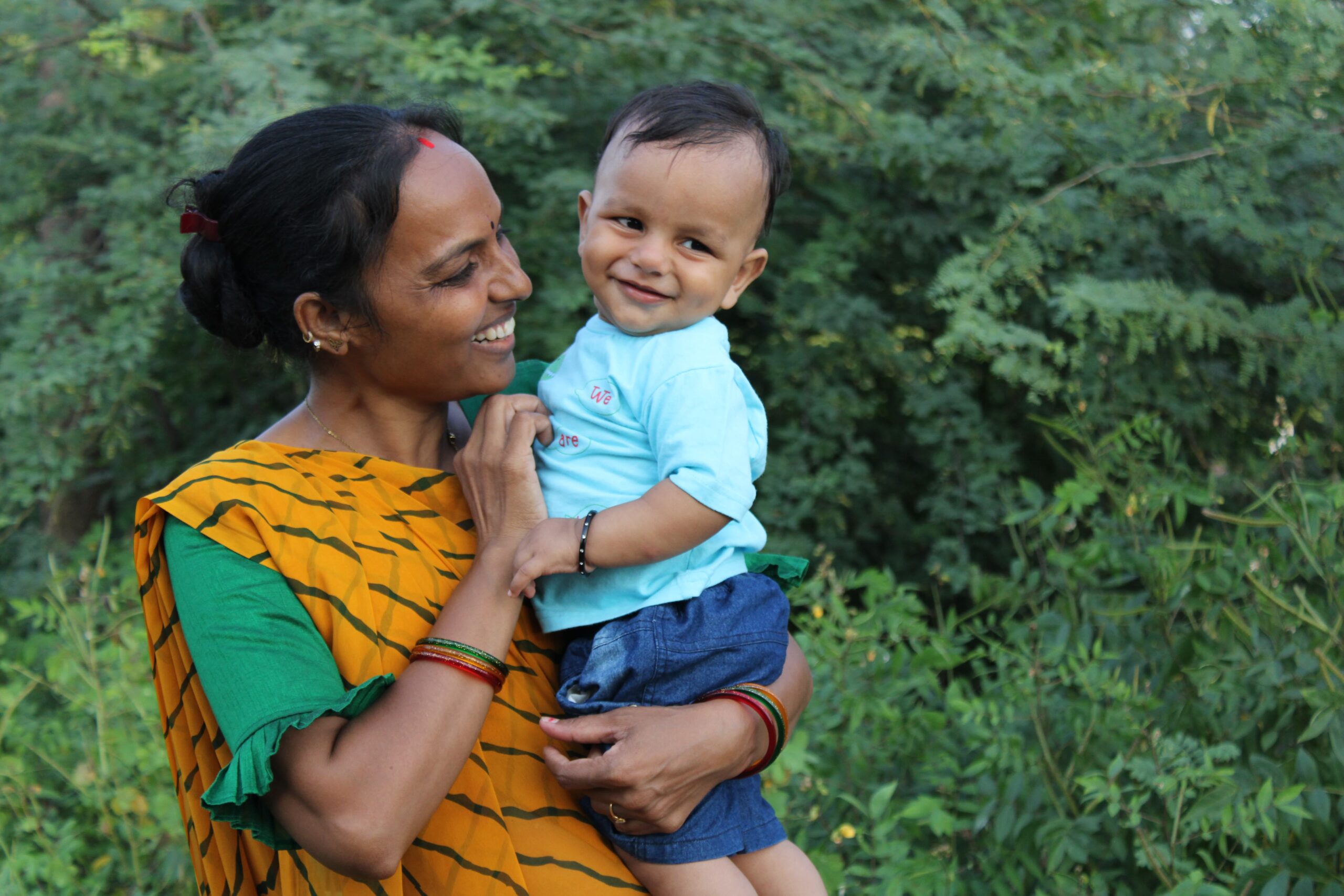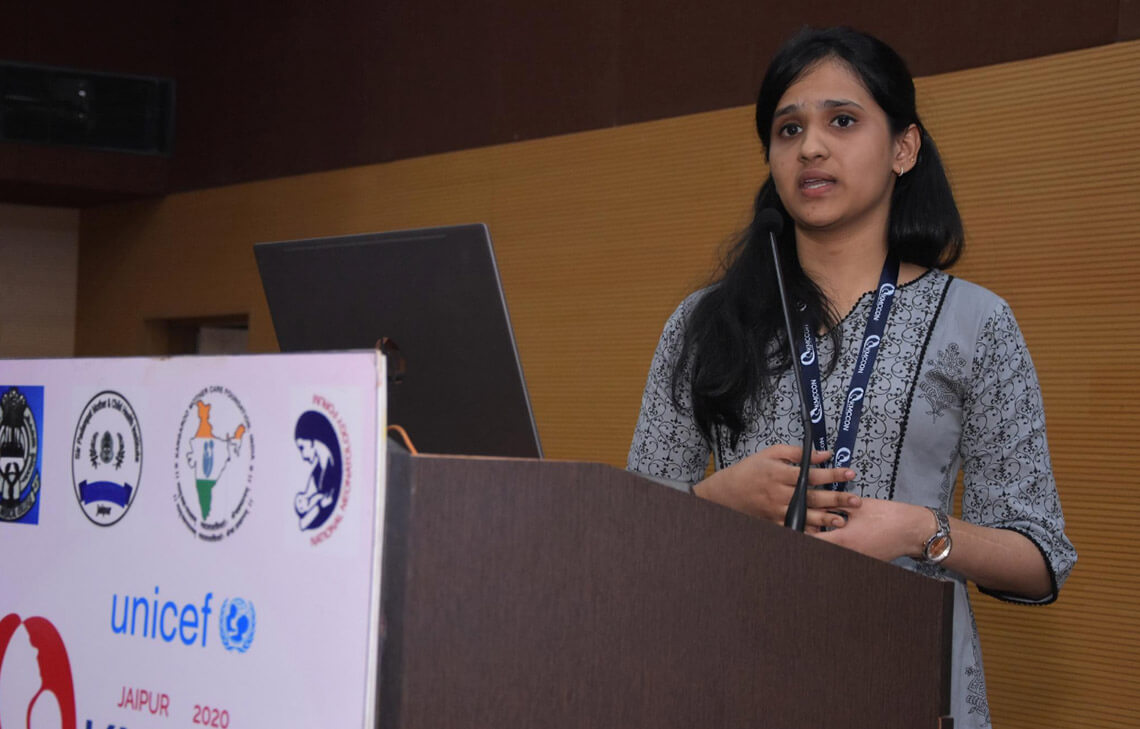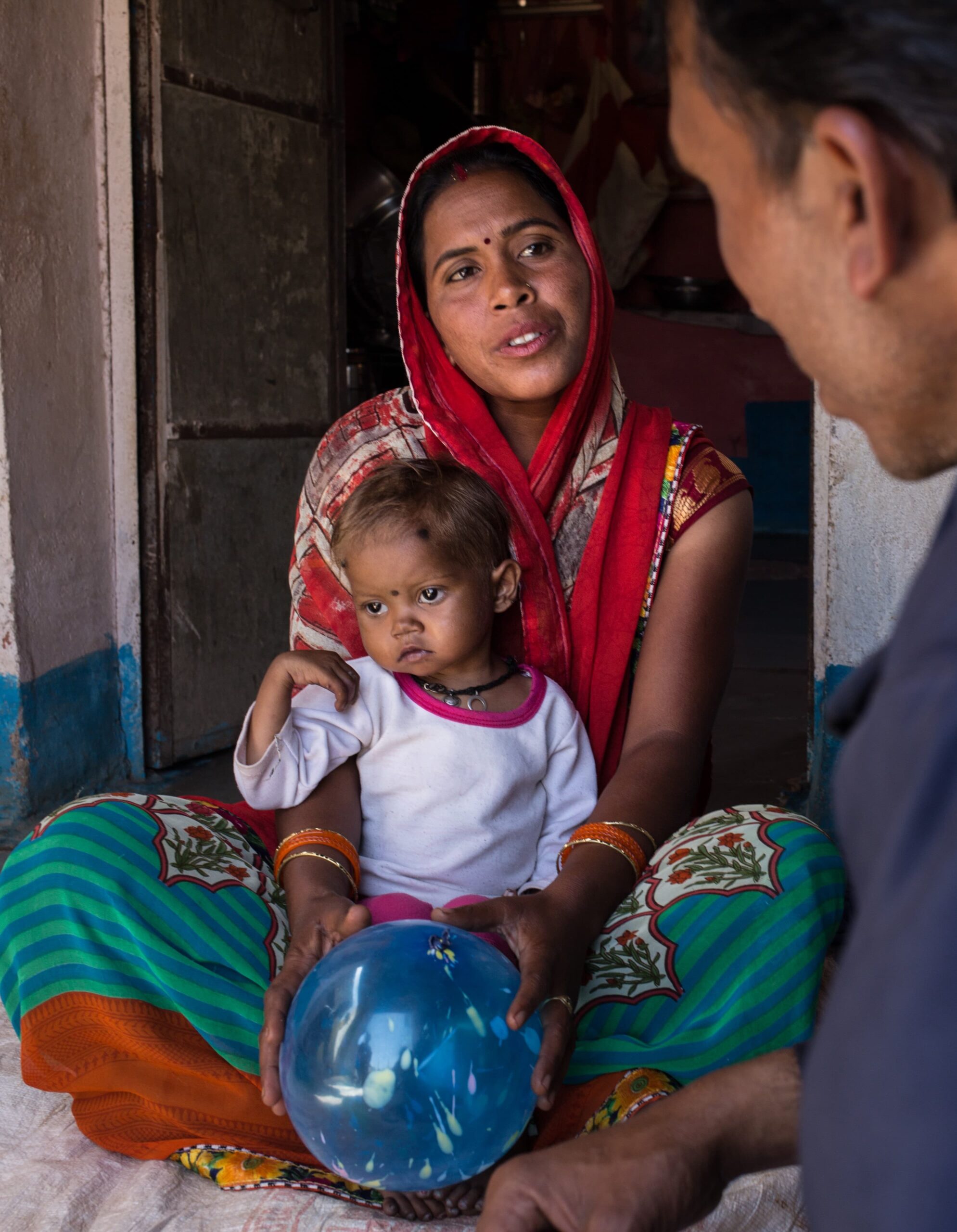The Road To A Career Calling
I am Isha Rangnekar and from my very childhood in Mumbai, India, I have always been intrigued by and distressed at the same time by the life children lived on the streets and in the slums of Mumbai. Intrigued by their survival mechanism and distressed by the yawning contrast between their lifestyle and mine. This dichotomy of emotions, further deepened by what I would get to learn from documentaries and through reading, was what drove me to the humanitarian sector. I wanted to see and experience for myself the ground realities, step out of my comfort zone and contribute to the betterment of the disadvantaged population in India.
I completed my Bachelor’s in Nutrition & Health in 2017 from the University of Roehampton and Master’s in Human Nutrition from University of Surrey in 2018. What fascinated me the most was learning how fragile the life of a child and the mother is during pregnancy and early years subsequent to birth. I learned how interventions are designed and implemented to achieve ideal maternal & child health outcomes. It was my Master’s dissertation on management of malnutrition in infants – a public health nutrition data analysis project for GOAL (UK), that gave me the final push and strengthened my plans to join this sector.
I returned to India in 2018 and joined Action Against Hunger as an intern. Through field visits, group discussions and community sessions in the slums of Govandi, I gained a broader understanding of the on-ground realities. I was able to look at issues I had read about previously, through the community’s perspective. Subsequently, I joined the Technical-Research team in 2019 and started working closely with the programme team in Maharashtra, Rajasthan and Madhya Pradesh.
Through my work, I have been able to gain a deep understanding of public health models and nutrition programmes at grass-root level. I have been able to see first-hand the necessity of such programs for vulnerable communities in both urban and rural regions. Many communities have meagre access to health facilities, sanitation and hygiene and earning opportunities. More often than not, they are daily wagers with no long-term sources of income. Nutrition for people in these communities is an insignificant issue. They are quite content with the amount of food they eat, irrespective of its nutritional value. Through the first 1000 days of life programme, we are trying to address this knowledge gap. We work with pregnant women, lactating mothers and their families to ensure a safe, healthy pregnancy and improve the nutritional status of their children.
My journey with Action Against Hunger India continues to provide me invaluable lessons across all domains. Furthermore, it is also helping me move closer to my goal – to pursue intensive research on improving nutritional status of marginalized communities through my PhD studies.


JOIN THE FIGHT AGAINST HUNGER
Sign up to our newsletter and learn more about our programs, impact, field stories, innovation, jobs and much more.

